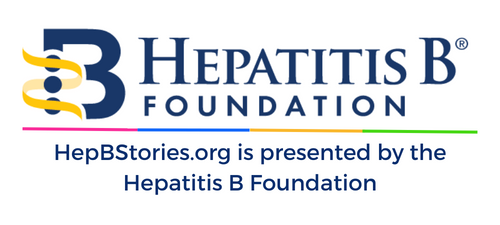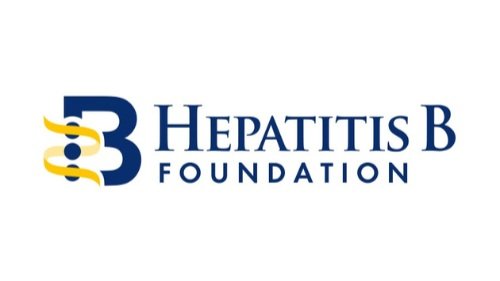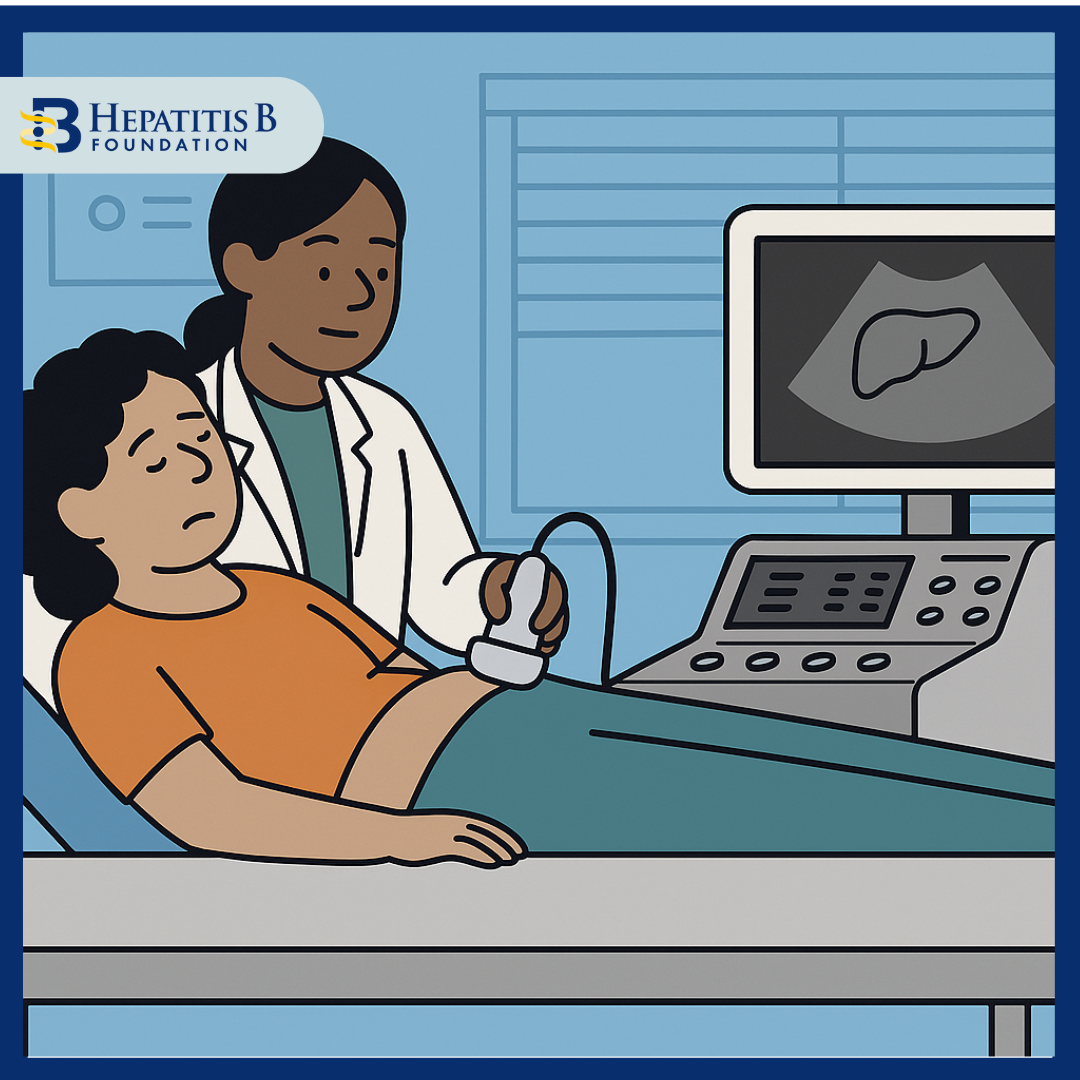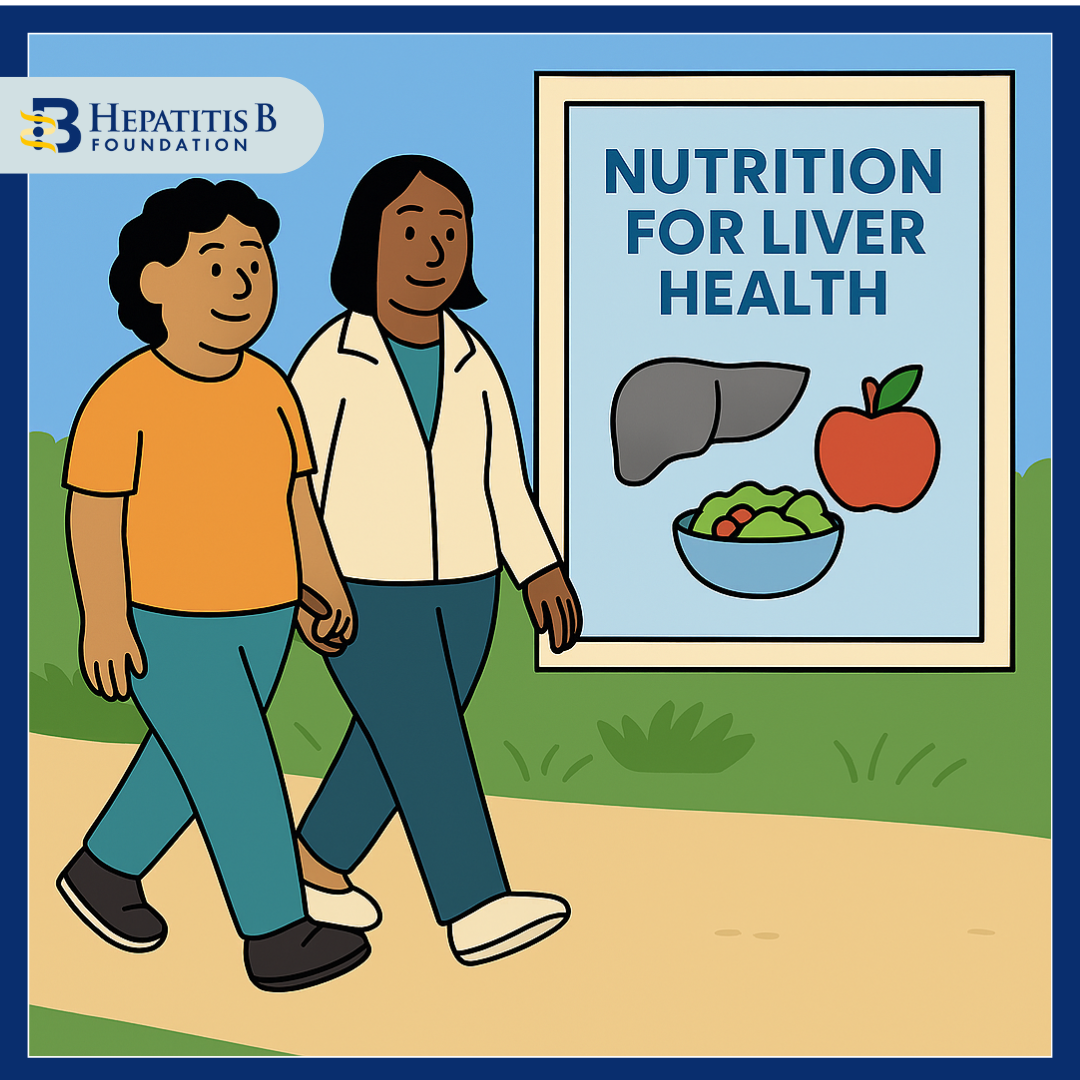It Was Just a Routine Check-Up
Vignettes are stories inspired by real-life events that affect many people living with hepatitis B/D.
The Scenario
Maria Lopez, a 58-year-old retired schoolteacher from Aurora, Illinois, had always considered herself relatively healthy. She didn’t drink, smoked only briefly in her twenties and had managed her type 2 diabetes for years. During a routine follow-up with her doctor, her liver tests came back abnormal.
An ultrasound revealed buildup of unhealthy fat cells in her liver. Her doctor diagnosed her with MASLD (metabolic dysfunction-associated steatotic liver disease), a condition she had never heard of. She was advised to lose weight and monitor her liver health more closely.
Six months later, despite lifestyle changes, Maria began experiencing persistent fatigue and a feeling of fullness in her upper abdomen. A follow-up MRI revealed a small lesion. A biopsy confirmed early-stage liver cancer.
The Diagnosis
Maria was shocked. She had no family history of cancer and had never considered herself at risk. Her doctor explained that MASLD can progress silently to more severe liver damage, including cirrhosis and hepatocellular carcinoma (liver cancer)—even in people who don’t drink alcohol.
The Treatment
Maria underwent radiofrequency ablation to destroy the tumor, followed by regular imaging and blood tests to monitor for recurrence. She also joined a nutrition program tailored for liver health and began walking daily with a neighbor.
The Reflection
Maria now volunteers with a local diabetes support group, sharing her story to raise awareness about the link between metabolic conditions (like diabetes) and liver cancer. As Maria reflects, “I thought liver cancer only happened to people who drank too much. I didn’t know my diabetes and weight could put me at risk. I’m lucky we caught it early.”
What is the challenge?
If you have hepatitis B, diabetes, obesity, MASLD or a history of liver disease, talk to your doctor about liver cancer screening. Early detection can save lives. The Liver Cancer Connect program at the Hepatitis B Foundation offers tools like the GALAD (Gender, Age, AFP-L3, AFP, and DC) Score Calculator, which helps assess liver cancer risk using blood biomarkers.
What can you do?
Facing liver cancer or a liver disease diagnosis can be overwhelming. The Hepatitis B Foundation provides free webinars, educational videos and a downloadable Cancer Support Community Book to help patients and families understand treatment options and find emotional support.





